
BTI professors David Stern, Zhangjun Fei, and Lukas Mueller were able to brief Bill Gates and his team on their Gates funded projects and issues of biotechnology and plant science while he was at Cornell on October 1, 2014.

$3 Million cross-cutting interdisciplinary High-Risk, High-Reward research project taps into unexplored source of antimicrobial compounds.

Graham Thiele, RTB Program Director at CGIAR Research Program on roots, tubers, and bananas recently met with Boyce Thompson Institute’s Lukas Mueller to plan expansion of bioinformatics platforms and databases.

BTI collaborates with Tompkins Cortland Community College (TC3) to host Biology 101. The relationship is symbiotic, and BTI postdocs gain valuable teaching experience.

Speakers will include Dr. Frank Schroeder, postdocs Daniela Floss and Patricia Manosalva, Dr. Robert Granados and Dr. Maureen Hanson (from Cornell), and discussion of postgraduate training and education with Dr. David Stern and Dr. Eric Richards.

Jocelyn Rose, professor of plant biology and director of Cornell’s Institute of Biotechnology, with BTI co-PI’s Carmen Catala, Zhangjun Fei, James Giovannoni, and Lukas Mueller will research ripening mechanisms & drought tolerance.

The 26th NABC Conference on the theme of “New DNA Editing Approaches: Methods, Applications, and Policy for Agriculture” convened in the Biotechnology Building on the Cornell campus on October 8 & 9.
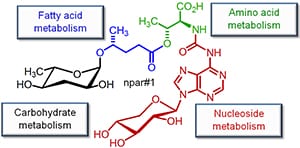
Schroeder’s lab works to discover new small molecules and identify their structure and function in the context of aging. “We know everything we see will be unknown, pure discovery…It’s pretty intense. We get to the bottom of things.”

BTI researchers led team that pioneered international tomato gene sequencing and genetic basis of fruit ripening. Congrats to Vrebalov, Van Eck, Mueller, Giovannoni, Fei.

“From my backyard,” photographs by David Watkins, Jr. on display during August, September, and October. Botanical portraits, including lilies, hostas, and landscapes, with vibrant color.

CRWN proteins alter nuclear organization, which affects plant viability.

Fei and Giovannoni Labs contribute to sequencing of wild tomato species Solanum pennellii.

Research to improve feedstock that produces bioenergy.
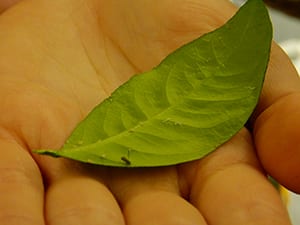
Herbert L. Rothbart ARS Early Career Scientist of the Year and the Schroth Faces of the Future award.

BTI provides bioinformatics consulting in-house.
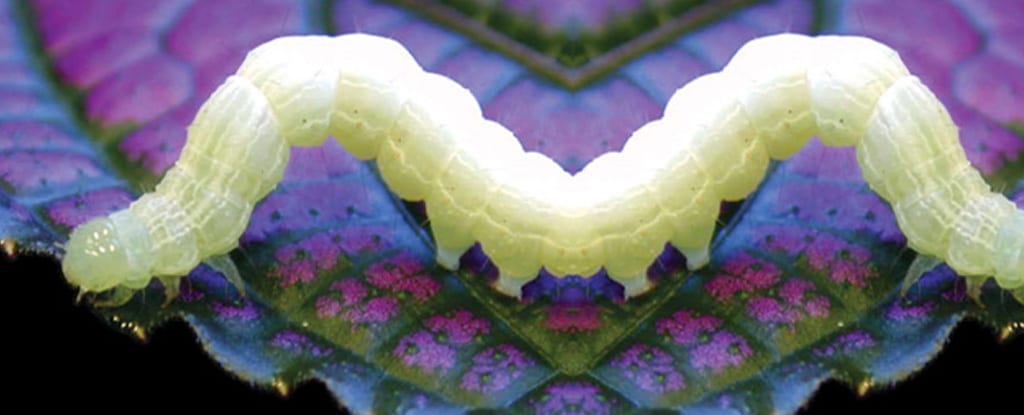
The “High Five” insect cell line made the Cervarix HPV vaccine possible, contributing to better human health.

Mueller Lab at BTI coordinates Cassavabase web site to pool data from cassava field trials in Africa to improve plant breeding.
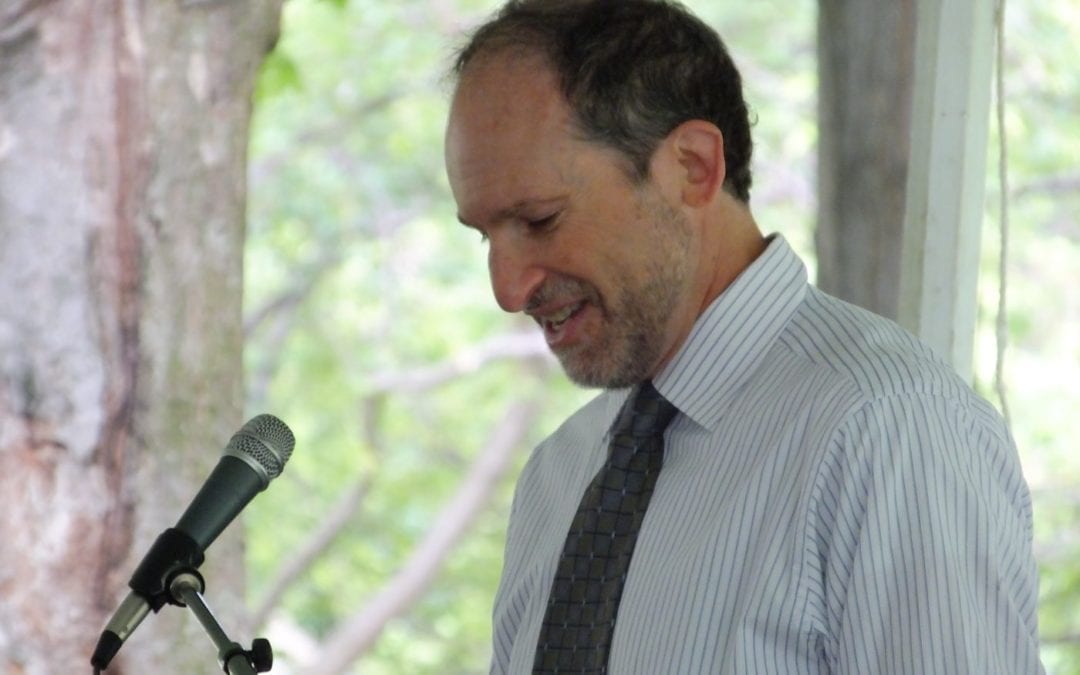
BTI will be part of Cornell’s exciting new initiative to combine five departments of plant science.
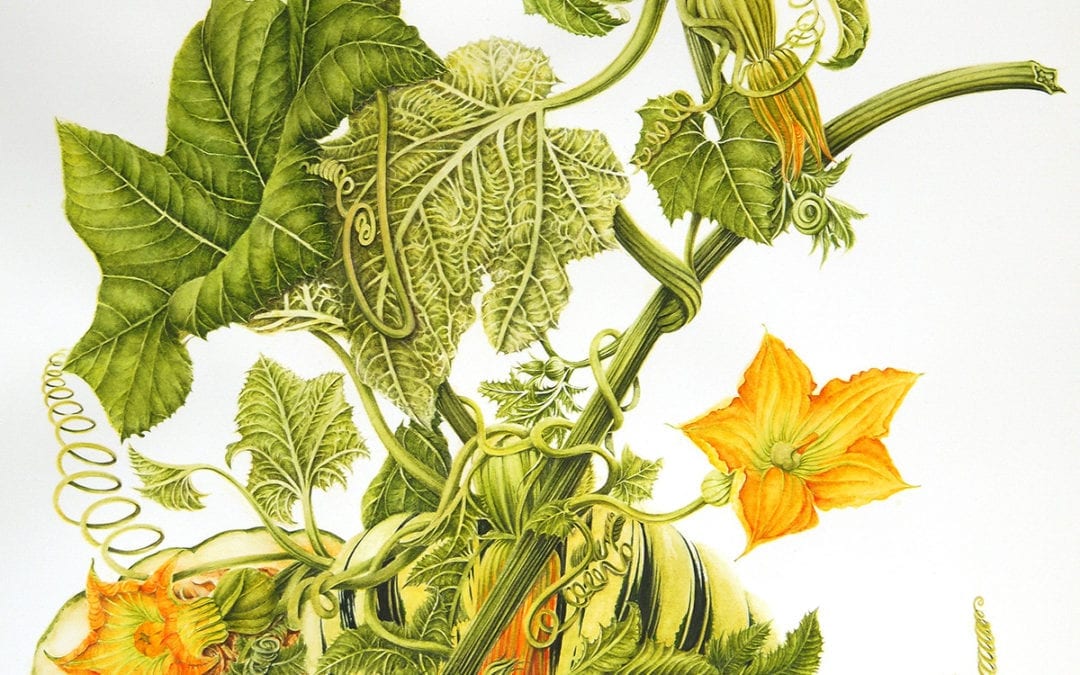
Public invited to view 40 original watercolors and prints by botanical illustrator milly acharya , at BTI, 533 Tower Road, 8-5 weekdays, through July 23.

Joshua Judkins arrived at BTI as an intern in 2008 and left as a PhD in 2014…for a post doc position with Pfizer in neuroscience.

Experiments, curricula, and workshops train teachers about biofuel at BTI, thanks to Shawn Kenaley, BTI’s new Teaching Laboratory Coordinator.

This Nicotiana benthamiana web site shares papers, results, tools, protocols, and other materials from researchers using NB as a study plant.

The entire California citrus industry is counting on Cornell vector biologist Michelle Cilia to quickly come up with a solution to stop the spread of a deadly disease that could decimate domestic citrus production.

This Nicotiana benthamiana web site shares papers, results, tools, protocols, and other materials from researchers using Nb as a study plant.

(From Cornell Chronicle) Boyce Thompson Institute and Cornell researchers have identified a plant protein called DELLA that may lead to reducing phosphorus-fertilizer applications on farms and better plant growth in poor soil.

The Boyce Thompson Institute for Plant Research (BTI) has been named one of 25 Best Companies to Work For in New York State for 2014.

BTI invited public to learn more about BTI’s role in recent sequencing of coffee genome, plus presentations by other Cornell researchers from diverse fields who study coffee.
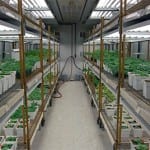
The genome of an experimentally important relative of tobacco has been sequenced by US and Canadian researchers.
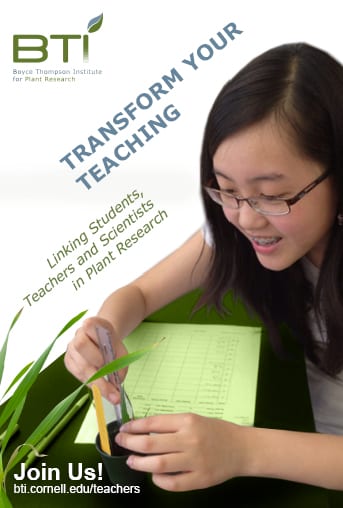
Professional development for teachers in plant science at BTI is having real impact in classrooms across New York State.
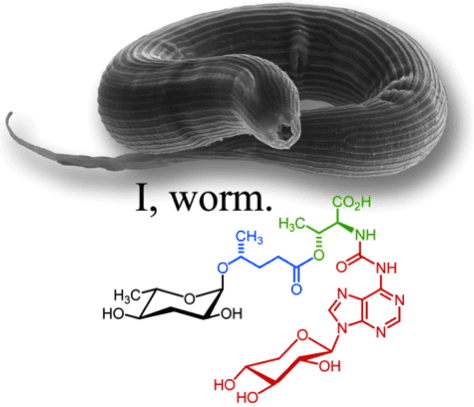
Conventional wisdom holds that genes determine the morphology of animals, but something else iwormmay be at play. Frank Schroeder from the Boyce Thompson Institute at Cornell University and Ralf Sommer from the Max-Planck Institute in Germany now rep.
Drs. Harrison, Klessig, and Jander honored.

Cassava, a rough and ready root crop that has long been the foundation of food security in Africa is finally getting the respect it deserves.

Are juicier, sweeter, more disease-resistant watermelons on the way?

Boyce Thompson Institute Scientist Zhangjun Fei has teamed up with scientists from across the country to generate a comprehensive global virus distribution map for tomatoes.

The 2012 SACNAS National Conference “Science, Technology, and Diversity for a Healthy World” will take place in Seattle, Washington and BTI educators and interns will be in attendance.

The science of how and why plant roots get their shape, it turns out, is a twisted tale.
The genome of an experimentally important relative of tobacco has been sequenced by US and Canadian researchers.
Sixty undergraduates at Monroe Community College in Rochester, NY are learning some classic biology concepts in new ways, and they are using plants to do it.
The research project will study genes responsible for beneficial symbioses with bacteria and fungi. Work in the Harrison lab will focus on the plant-fungal AM symbiosis and how it improves phosphorus uptake in plants.

By identifying the proteins which bind the plant hormone salicylic acid and potentially mediate its myriad physiological effects, Dr Daniel Klessig is unravelling the complex roles these hormones play in abiotic and biotic plant stresses.

Hannah De Jong an undergraduate in the Georg Jander lab, received a Summer Undergraduate Research Fellowship from the American Society of Plant Biologists (ASPB).
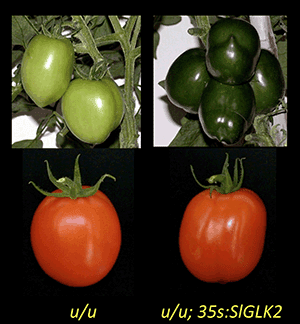 According to an old country song, the only two things money can’t buy are true love and homegrown tomatoes. How true – those perfect, red tomatoes from the store just can’t match ones plucked from the garden. Now, researchers have identified the gene that controls the...
According to an old country song, the only two things money can’t buy are true love and homegrown tomatoes. How true – those perfect, red tomatoes from the store just can’t match ones plucked from the garden. Now, researchers have identified the gene that controls the...
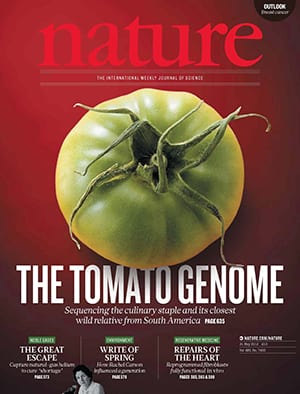
For the first time, the genome of the tomato, Solanum lycopersicum, has been decoded.

All of these nematodes speak the same chemical language,” through the use of compounds called ascarosides, said study co-author Frank Schroeder.
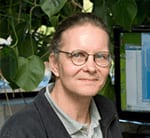
BTI Scientist Georg Jander to work with Cornell University’s Angela Douglas to study the effects of sugar on insects, to control pests on plants.

This award honors the late Barbara McClintock, who won the Nobel Prize for work that she began as a postdoctoral plant geneticist at Cornell in the 1920s.

An international team of scientists lead by Dr. Fei at the Boyce Thompson Institute for Plant Research received a $700,000 grant for research that will expand our understanding of viruses that cause devastating losses of sweet potato crops in Africa.
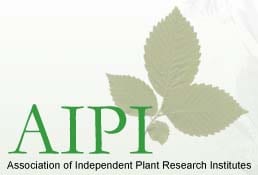
In 2010, the four largest nonprofit plant science research institutions in the United States came together to form the Association of Independent Plant Research Institutes (AIPI).
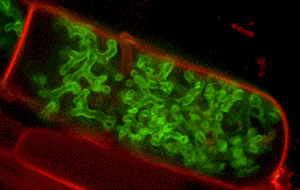
Most flowering plants form symbiotic associations with soil fungi to gain additional access to phosphate from the soil.
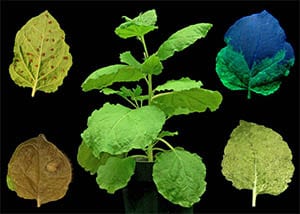 Scientists at the Boyce Thompson Institute for Plant Research (BTI) released a draft sequence of the Nicotiana benthamiana genome which is accessible through the SGN BLAST tool and can be downloaded from an ftp site (see: http://solgenomics.net/). The project was...
Scientists at the Boyce Thompson Institute for Plant Research (BTI) released a draft sequence of the Nicotiana benthamiana genome which is accessible through the SGN BLAST tool and can be downloaded from an ftp site (see: http://solgenomics.net/). The project was...












































